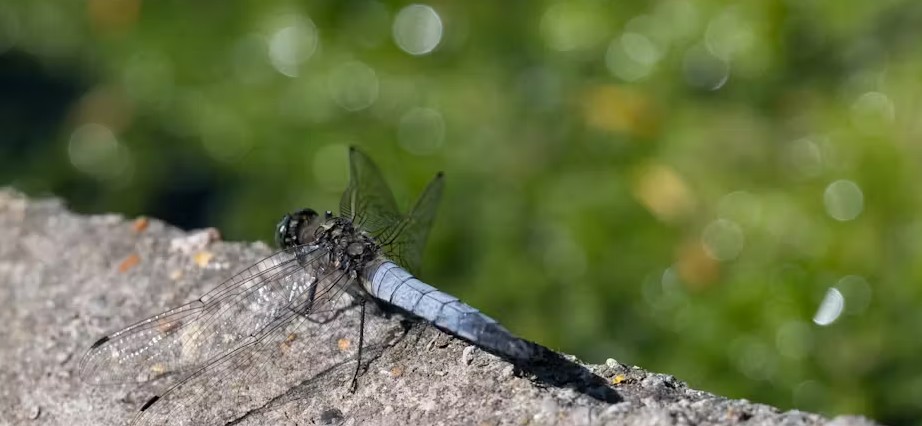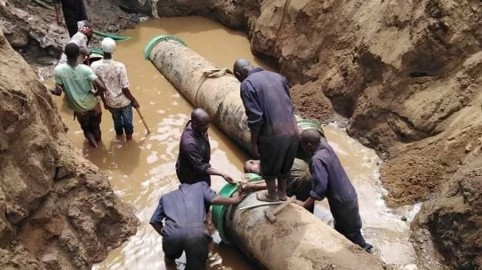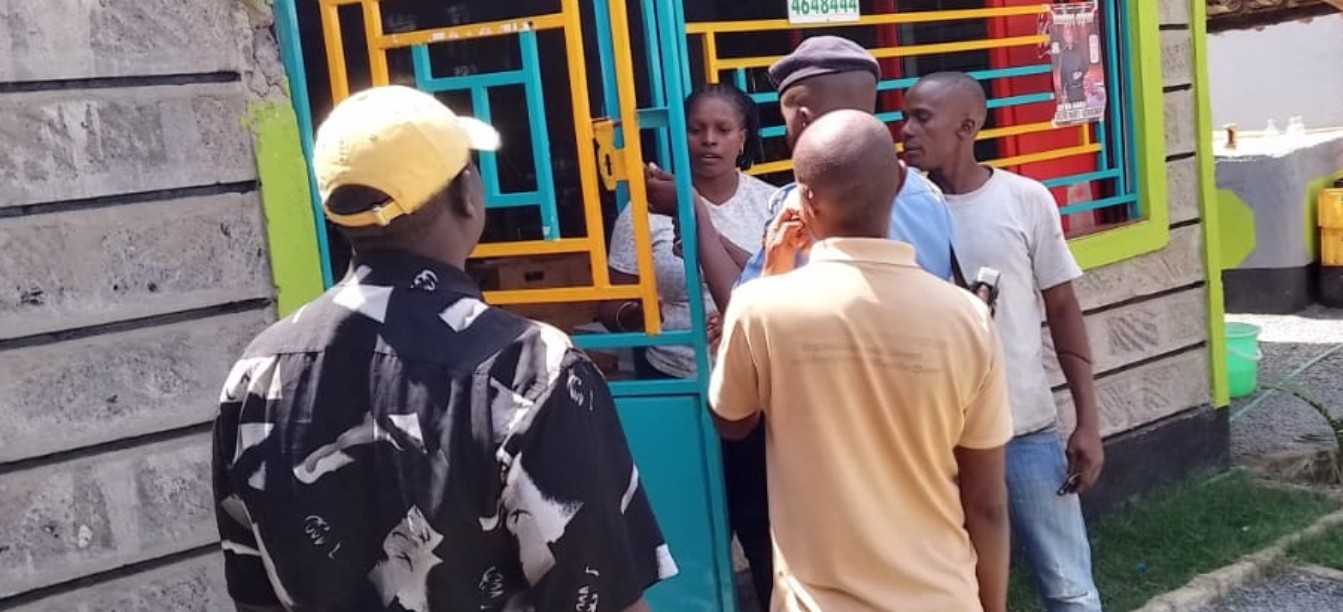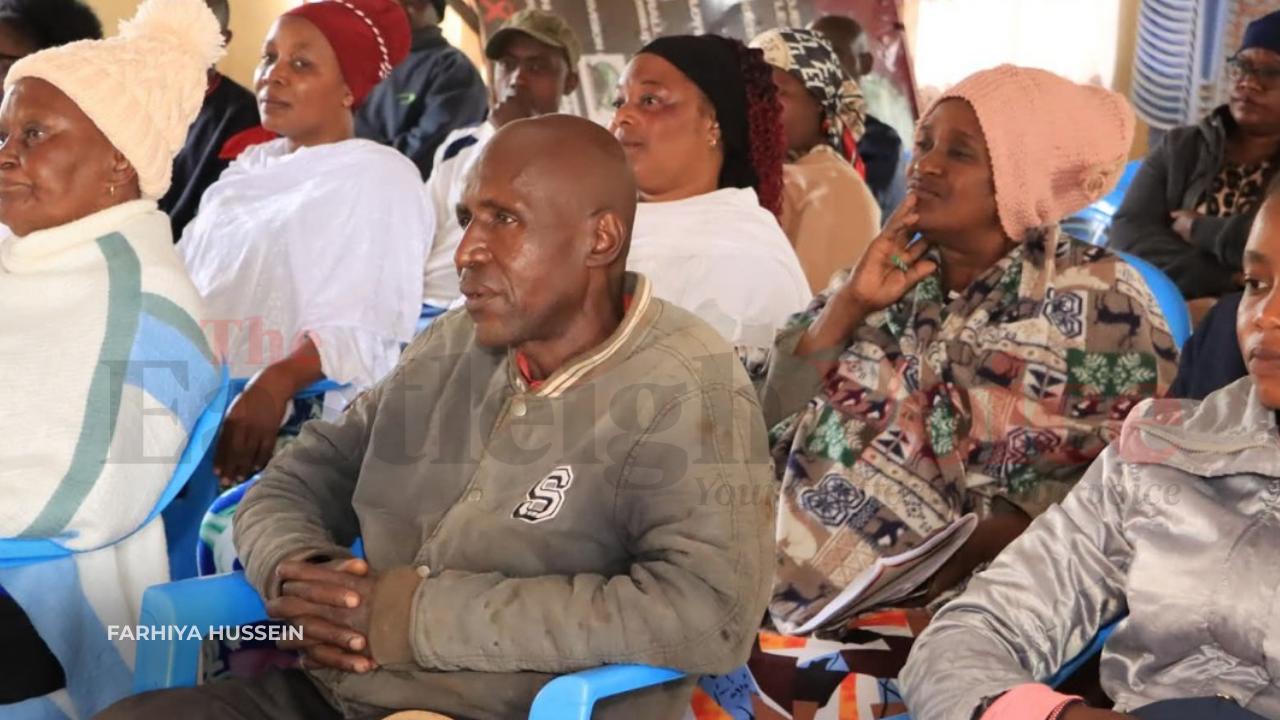'Unprecedented' levels of 'near famine-like conditions' in Gaza: UN
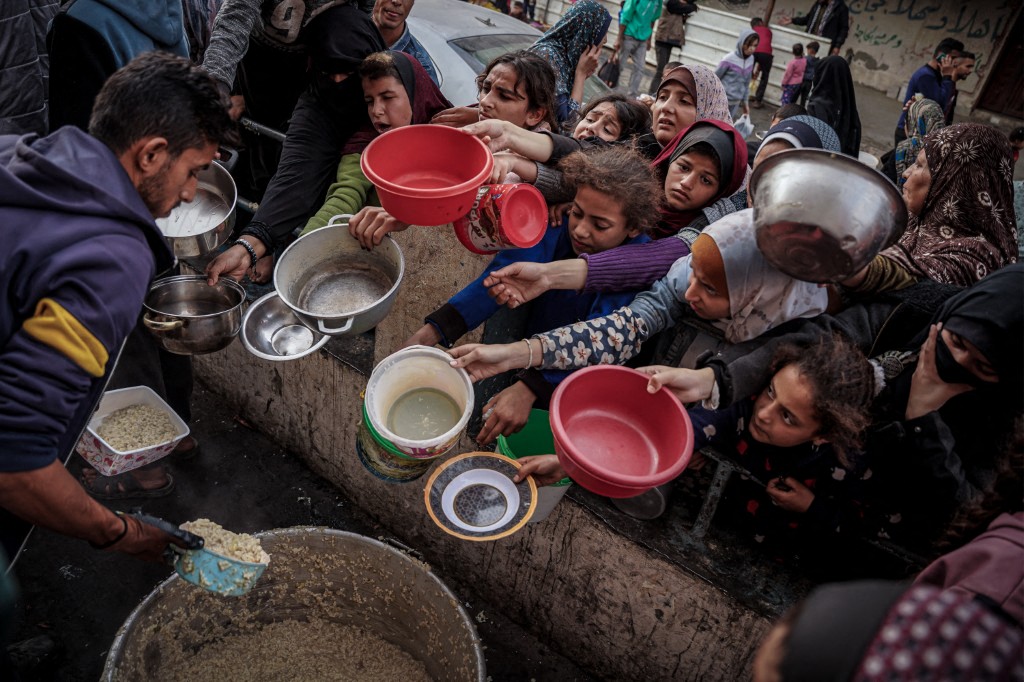
Rafah, on Gaza's southern border with Egypt, has become a last refuge for fleeing civilians.
The population of the Gaza Strip is suffering "unprecedented" levels of "near famine-like conditions" as the Israel-Hamas war drags on, the UN's agriculture agency said Monday.Some 550,000 people are now likely facing catastrophic food insecurity levels, while the whole population is in crisis mode, the UN's Food and Agriculture Organization (FAO) said.
"There are unprecedented levels of acute food insecurity, hunger, and near famine-like conditions in Gaza," FAO Deputy Director General Beth Bechdol said in an interview published by the Rome-based agency.
More To Read
- Letter from Mideast: "I fear not death, but dying unseen" - Gaza journalists as witnesses, targets
- WFP resumes emergency food airdrops in South Sudan’s Upper Nile State
- Criminal networks exploiting instability to fuel global drug trade - UN
- 613 killed near Gaza aid outlets as hospital is overwhelmed by injured patients- UN
- Death toll from Israel strike on Gaza cafe rises to 34: sources
- 700,000 refugees in Kenya face severe hunger crisis after aid cuts
"We are seeing more and more people essentially on the brink of and moving into famine-like conditions every day," she said.
All 2.2 million people in Gaza are in the top three hunger categories, from level three, which is considered an emergency, to level five or catastrophe, she said.
The Integrated Food Security Phase Classification (IPC) rates hunger levels from one to five.
"At this stage, probably about 25 per cent of that 2.2 million are in that top-level IPC five category," Bechdol said.
The war that started on October 7 has killed at least 28,340 people in Palestine, mostly women and children. The death toll in Israel stands at about 1,160, according to an AFP tally based on official Israeli figures.
Rafah, on Gaza's southern border with Egypt, has become a last refuge for fleeing civilians.
Many are sleeping outside in tents and makeshift shelters amid mounting concern about the lack of food, water and sanitation during an Israeli siege.
Before the conflict, the people of Gaza had "a self-sustaining fruit and vegetable production sector, populated with greenhouses, while there was also a robust backyard small-scale livestock production sector," Bechdol said.
"We've recognised from our damage assessments that most of these animal inventories, but also the infrastructure that is needed for that kind of speciality crop production, are virtually destroyed," she said.
Story by AFP
Top Stories Today

